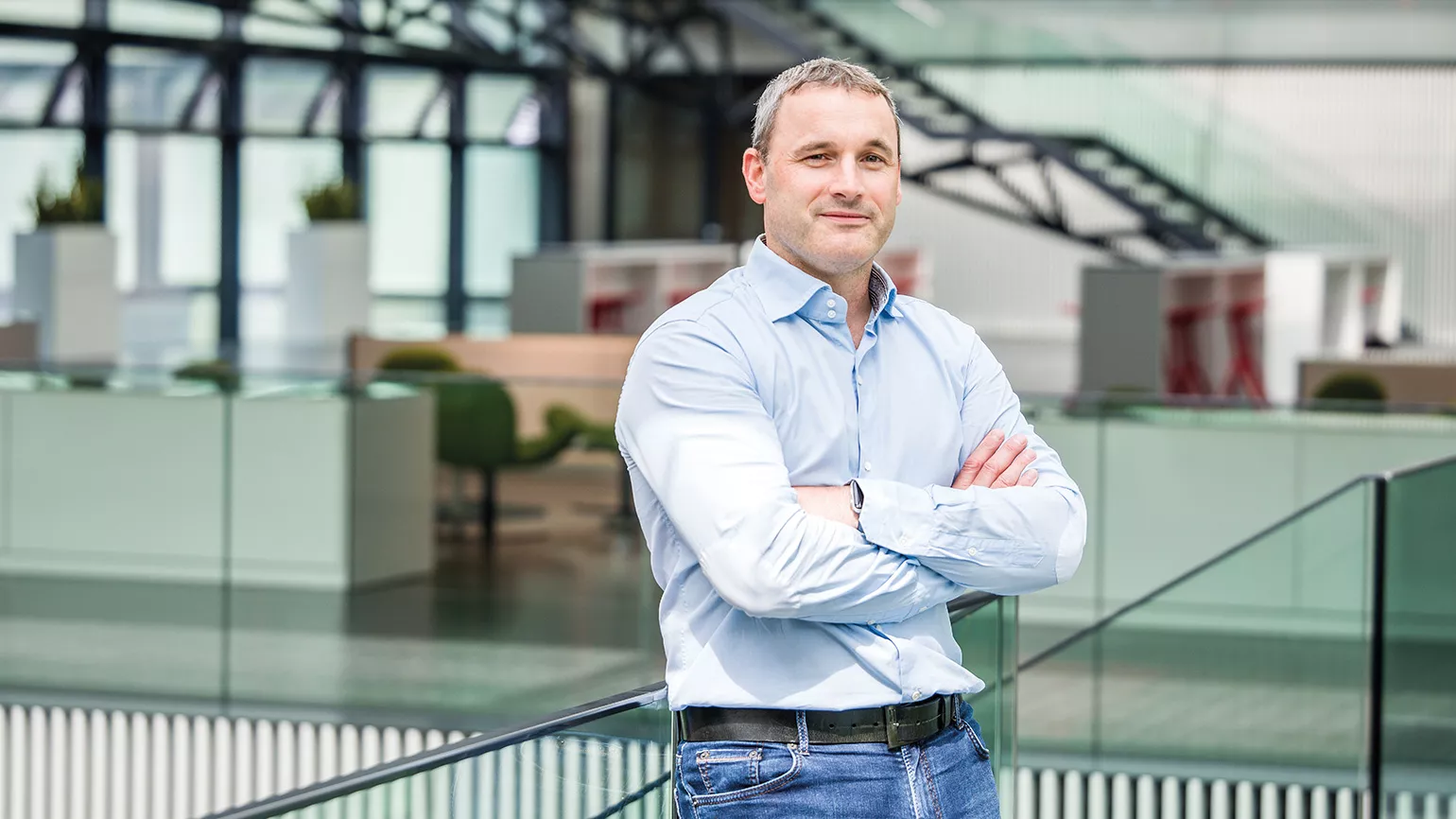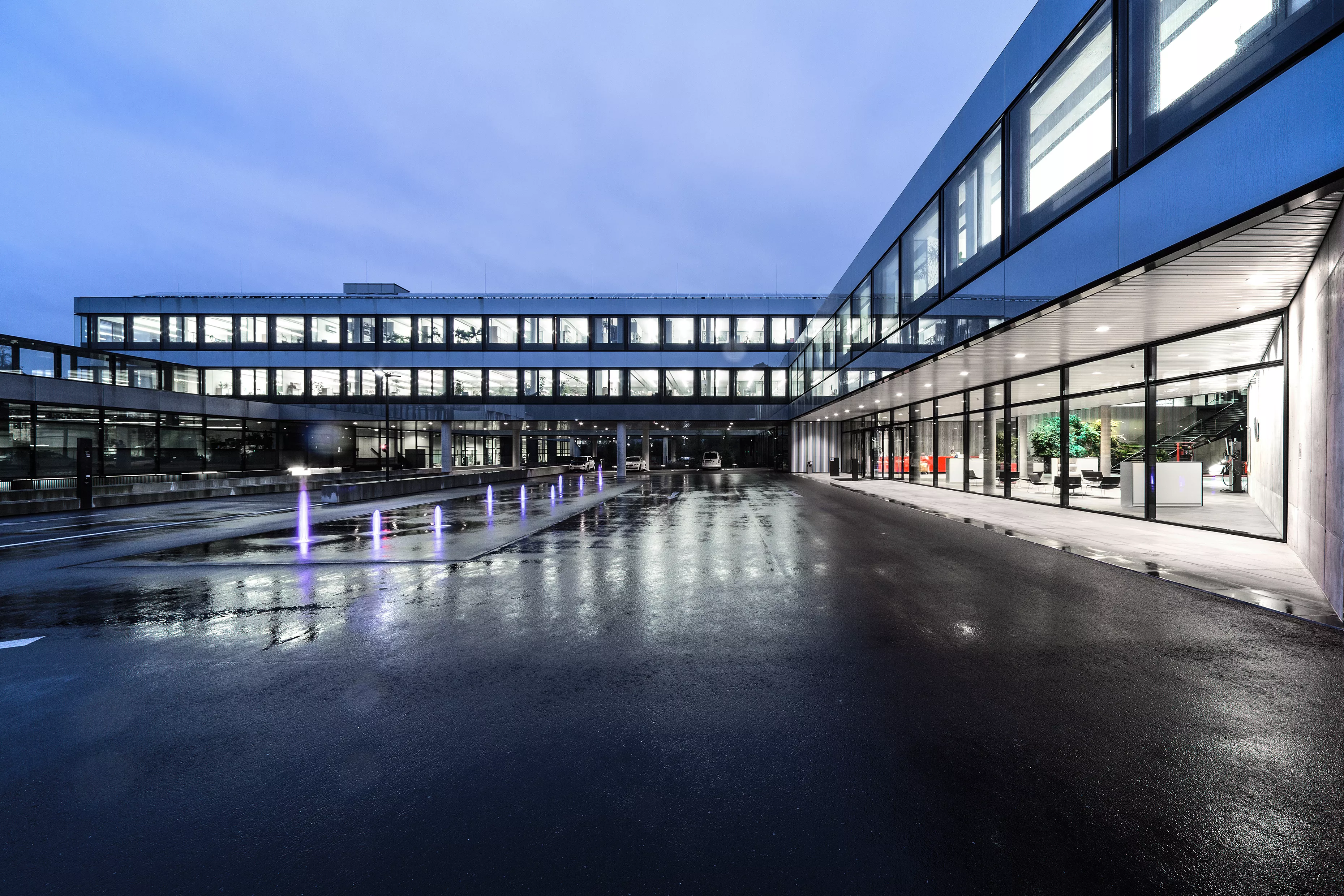The Great Balancing Act of Product DevelopmentCustomer wishes versus innovation
At the moment, all companies – including Fronius Perfect Welding – want to be customer-oriented and, above all, closer to the customer. What influence will customer proximity have on product development in the future?
In the past, the focus of product development was on ideas, most of which originated internally. This will change significantly. Our goal is to develop more value-added products and services to compliment our welding equipment and systems. This will enable us to respond even better to the needs of our customers. This, in turn, requires a thorough understanding of our customers’ processes before we start a development project.
What does that mean exactly?
We have defined new target segments and intend to build up customer proximity there. Customer proximity in this context also means developing innovation partnerships with them. We see great growth potential in these partnerships as part of a digitally networked industrial environment.
What specific product adaptations are you planning?
The basis of such innovation partnerships will be the open exchange of information and data. This is why we will primarily gear our product development towards interconnectivity, so that we can exchange this data with our customers at all levels.
And how does Fronius find out what the customer needs?
Valid data and information form the basis of excellent customer understanding. We must be able to exchange information via networked systems and personal dialog with customers to find out exactly what they will really need in the future. With the technological possibilities currently available, we have already established the prerequisites for implementing even more individual adaptations around the world.
Moving away from the question of product development for a moment, what other changes will the focus on customer proximity bring?
The individualization of our products and services will certainly be reflected to a significant degree by software developments. As a result, software will be an important strategic topic for R&D moving forward. We are also seeing a new development towards service orientation in the industrial environment. We are already thinking quite consistently in this direction. This trend will certainly not replace the importance of pure hardware, but hardware will no longer be the sole basis on which we trade in the future. What is certain is that customer-specific business models will become more common. As a result, this means that we will develop into an industrial service provider. When it comes to exchanging information and dialog with customers and partners, we have been investing in customer-oriented digital system components for some time now. These must all be simple, smooth, and work around the clock for both sides.
Fronius will gather a lot of knowledge about its customers through data collection. Doesn’t this make customers very dependent on their suppliers?
This fear is quite understandable. If, however, interfaces and control protocols are considered, they are largely standardized. As suppliers, we often have to adapt to our customers’ systems anyway. There must be a fair exchange of value between us and our customers. This creates a voluntary bond based on mutual trust. We see this as the key to success in an increasingly networked world.
If customers’ challenges will become increasingly important for Fronius in the future, won’t real innovations fall by the wayside?
It is indeed a balancing act. Fronius has decided to focus on the customer benefit. Our customer intimacy strategy pursues another approach too, namely not only being open to our customers, but also considering what is going on in their environment. However, we can only achieve this with excellent customer proximity which, in turn, requires comprehensive networking on both a personal and a digital level. This knowledge will then also enable us to draw the right conclusions for innovations and new business models in the future, and this is exactly how we wish to continue to surprise our customers and partners.


